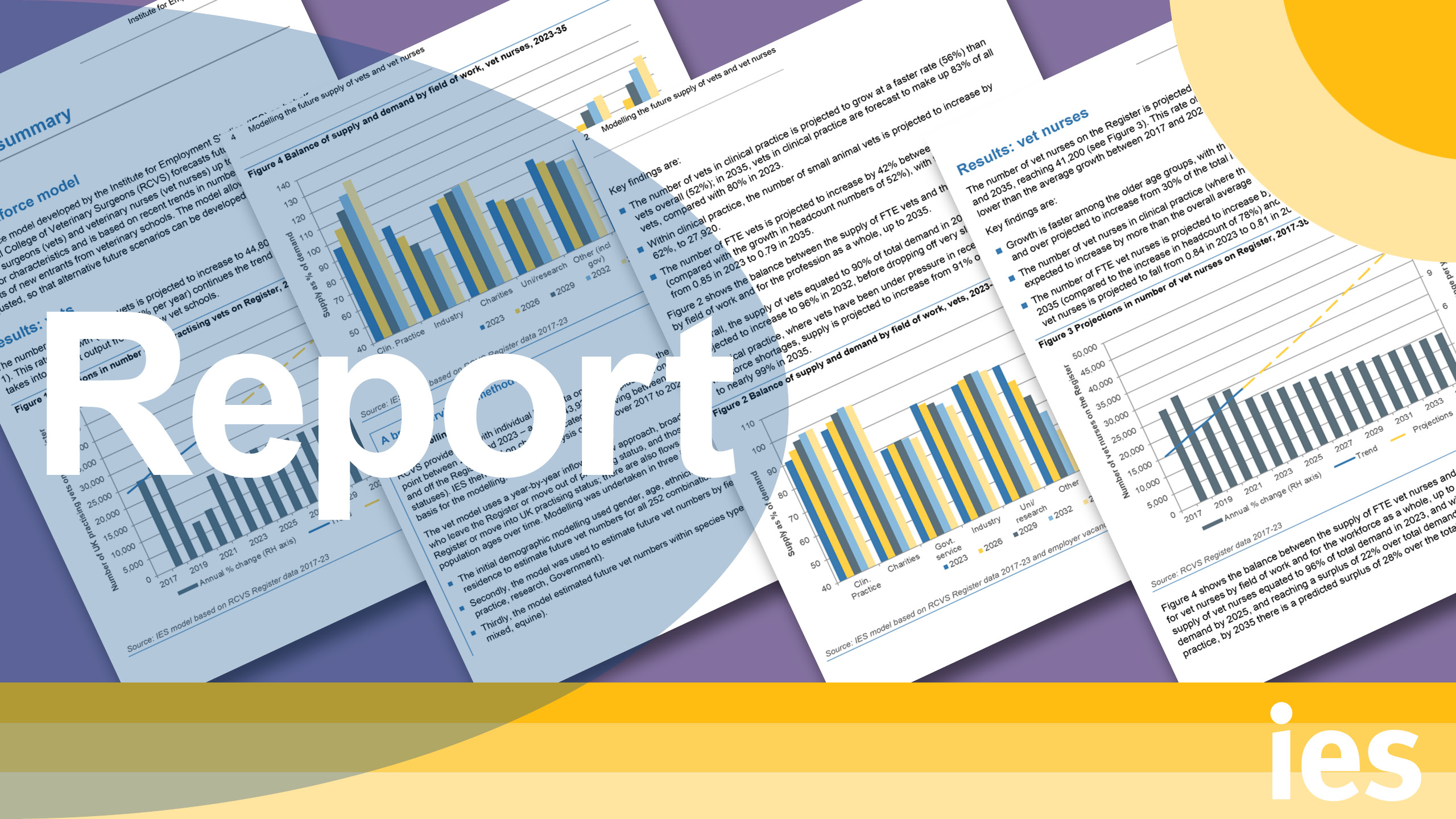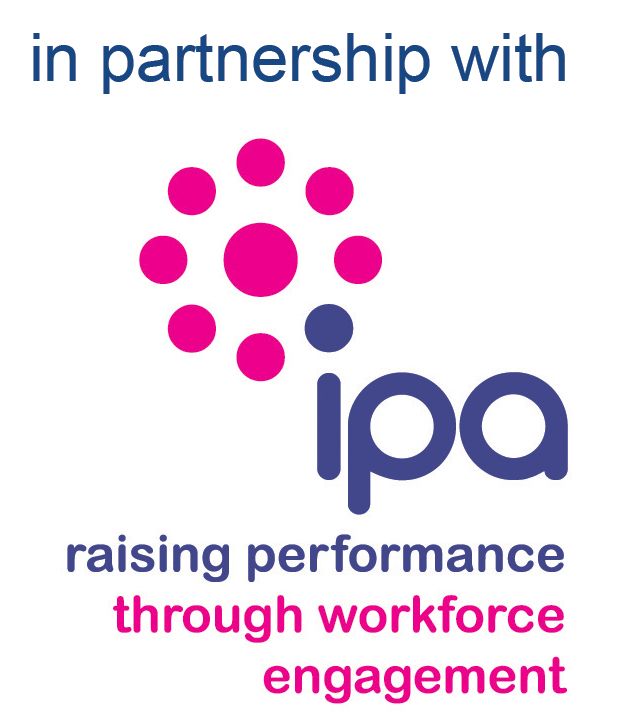Featured

Defying inertia: Employers’ role in boosting pension saving beyond the automatic enrolment default
This research looks at the role of employers in pension saving, and what they can do beyond the legal requirements in the automatic enrolment system, especially to support low-to-middle earners balance affordability and adequate retirement provision.


